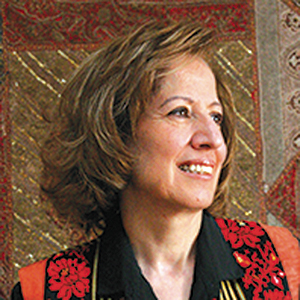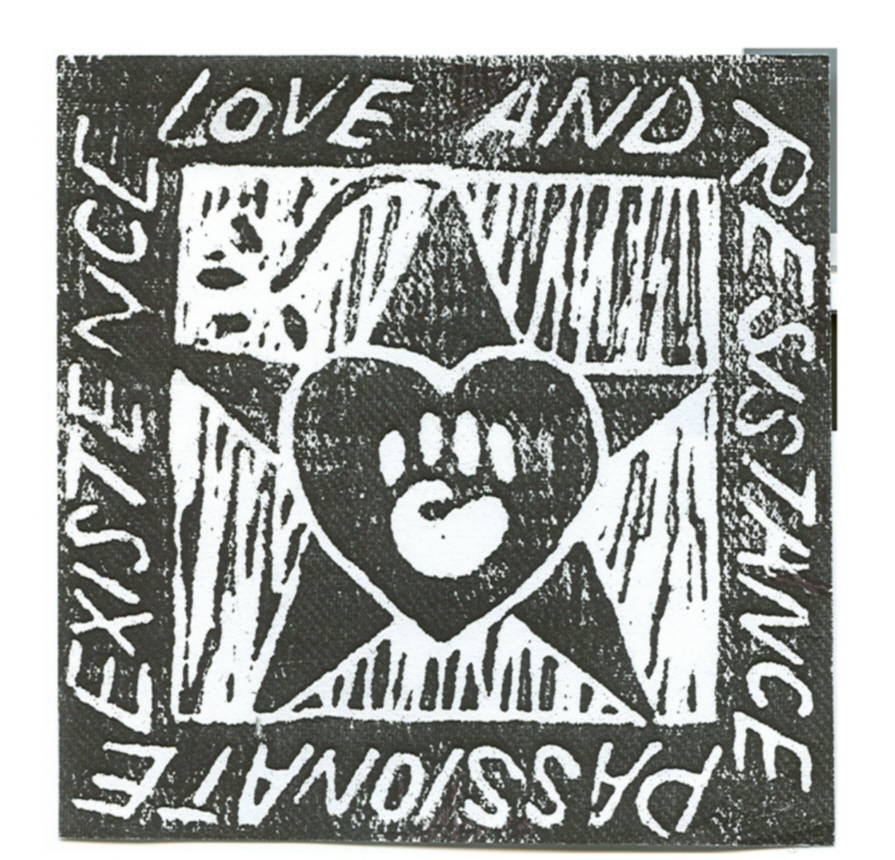 A voice from Palestine: Dr. Faiha Abhulhadi
A voice from Palestine: Dr. Faiha Abhulhadi
“Blessed are those who stand firm”,
So much is written and read about Palestine but little of it is composed by Palestinians. Seeking insight into the life of a brutally occupied nation is not always easy. The voice of Palestine is often muted or ignored. I was fortunate enough to be introduced to Dr. Abdulhadi and her work by a friend in Ireland. The essays of this intellectual writer and activist living and working in Ramallah are accessible on www.faihaab.com. Author of twelve books and many essays she is also Regional coordinator of “Peace Women across the Globe” (PWAG) and rector General of: Al-Rowat for studies and Research’
In her thoughtful piece: On the International Day of Happiness: We are not fine. she writes…International Day of Happiness appeared, on the March 20th, to whisper in our ears: Palestine is ranked number 103, among all the countries of the world, in the 2017 World Happiness Report.
She goes on to express the state of Palestine, occupied without sovereignty over its own affairs cannot be happy.
“And in April, when the imperialist countries, led by the United States and supported by a number of Arab states, launched their rockets in a brutal attack on Syria, flaunting all principles of international law and international conventions, a resounding message was sent to the world: human rights are not fine…
As for all the countries of the world—who were silent in response to the killing of Palestinians in cold blood on Land Day, 30 March 2018, and failed to reach an agreement in the Security Council about issuing a statement condemning Israel for its systematic crimes against an unarmed people who went out in peaceful marches, Marches of Return, in besieged, undaunted Jerusalem, since 2006, whose hands are stained with the blood of scores of martyrs—their conscience is definitely not fine.”
She asks, “What kind of happiness or wellbeing can Palestinians enjoy, when their socio-economic circumstances are in severe deterioration, when they have no control over their resources, land, homes, environment, physical safety, or even their lives and the lives of their family?
And if work really is a fundamental human right, guaranteed by international law, which means the right to economic production, and the right to live a humane and dignified life, what is the per capita GDP of Palestine?”
She eloquently writes, “As for freedom, it is as far away from Palestinians as the earth is from the sky. There is no freedom in an Israeli occupation that clamps down on all air, violating the Palestinian human’s right to movement, peaceful assembly, protest, and resistance.
And on an internal level, there is no freedom amidst laws that shackle freedoms, preventing free access to information, like the Cybercrime Law #16 of 2017, which threatens the freedom and safety of Palestinian citizens.
There is also no freedom in the midst of arrests that violate the freedom of opinion and speech; restrictions to the freedom of publication and press freedom; the blocking of websites and the deliberate blocking and disruptions to internet services; the confiscation of photography equipment; restrictions on the freedom of peaceful assembly, the freedom to protest, and the freedom of journalists, including arrests of some journalists and forced interrogation without due process of law, and maltreatment while in detention.”
After examine all the legal and social criteria happiness of ‘being fin’ designed by the UN she concludes, “Our path to freedom is the resistance of the Palestinian people in all aspects, along two parallel lines: redefining the Palestinian National Project as a progressive project that aims to achieve the goals of Palestinian nationalism, that is: the ending of occupation, self-determination, the return, achieving social justice, the establishment of a state of law and state institutions built on democratic principles, that commit to transparency and accountability and contribute to achieving social security, economic prosperity, and the fight against all forms of corruption.
Then, and only then, we will be fine.”
I recommend a careful reading of the complete essay.
Then read her other posted articles on action for freedom, prison life, music for profound insight into Palestinian resistance and why it will never end. I shall be reviewing some of her books also- they arelisted on this web site. www.faihaab.com.
‘The difference between life and living is great. If one is obliged to live in a prison, one needs to get rid of the prison inside oneself.’ Omar Nazzal


